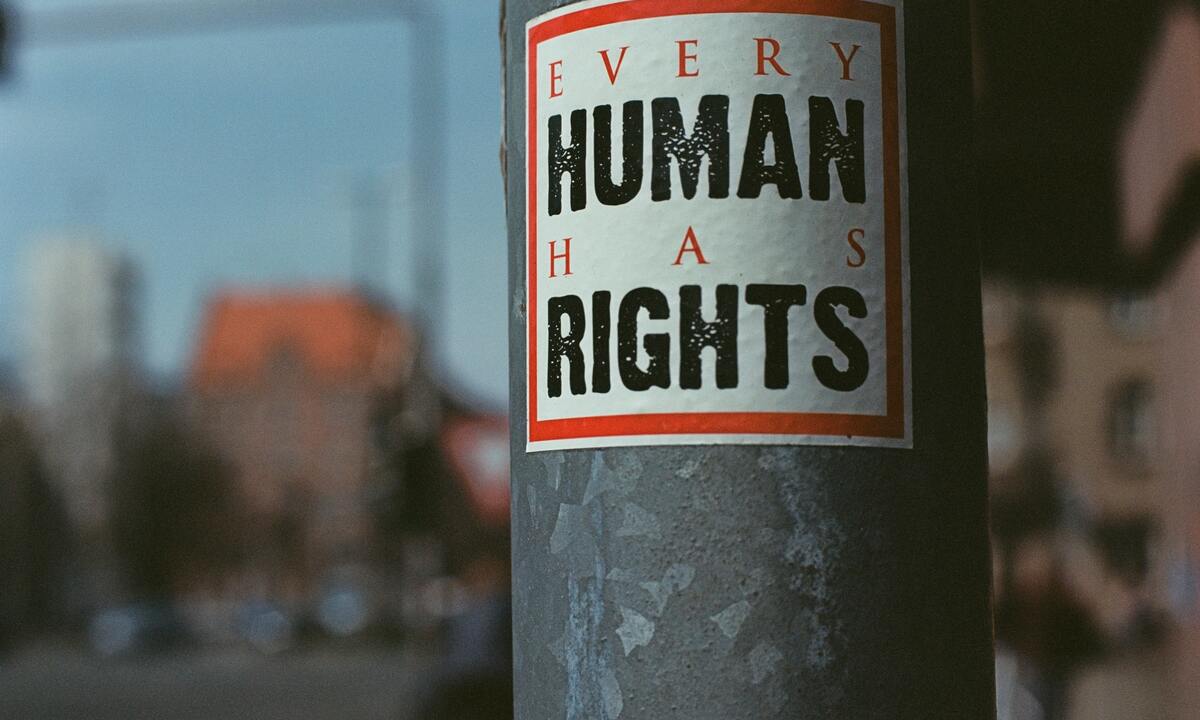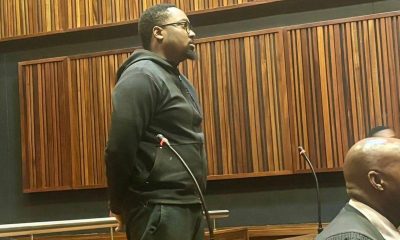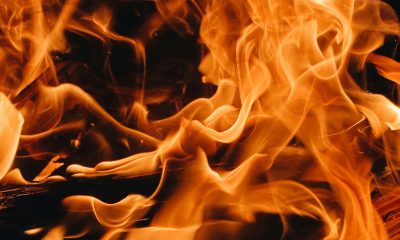News
UN Secretary-General Expresses Concerns About the Regression of Human Rights Progress

Secretary-General of the United Nations, Antonio Guterres has emphasized the significance of renewing the commitment to the Universal Declaration of Human Rights 75 years after its significant establishment as reported by Eyewitness News.
Addressing the opening of the UN Human Rights Council’s primary annual session, Guterres lamented the tragic effects of war, poverty, hunger, and climate disasters on human rights globally. He warned that the declaration, which has been a beacon of hope for people seeking justice and equality worldwide, is now “under assault from all sides.”
The UN chief’s remarks reflect the growing concern about the erosion of human rights standards and values worldwide. While the past century has witnessed remarkable progress in human rights and development, recent years have seen a worrying trend of regression, with governments chipping away at fundamental rights and freedoms and some using a wrecking ball to dismantle the foundations of democracy and the rule of law.
The ongoing war in Ukraine is a case in point. Guterres highlighted the massive violations of human rights triggered by the Russian invasion, resulting in the widespread death, destruction, and displacement of millions of people. The situation in Ukraine underscores the urgent need for the international community to come together to condemn human rights abuses and uphold the principles enshrined in the Universal Declaration of Human Rights.
He called on governments to show greater respect for human rights, noting that some chip away at the declaration while others use a “wrecking ball”. Guterres cited the ongoing conflict in Ukraine as an example of the most massive violations of human rights being witnessed in the world today.
He described the Russian invasion of Ukraine as having “unleashed widespread death, destruction and displacement,” and urged the international community to come together in condemning Moscow’s actions. The UN rights chief, Volker Turk, warned that the invasion demonstrates how the oppression of the past can return in various disguises and that destructive wars of aggression from a bygone era can have worldwide consequences, as witnessed again in Europe with the Russian invasion of Ukraine.
During the initial four days of the session, approximately 150 heads of state and government, as well as ministers, are scheduled to deliver speeches virtually or in person. Notable attendees include the foreign ministers of Iran, Ukraine, China, and the United States. On Thursday, Deputy Foreign Minister Sergey Ryabkov from Moscow will attend the council’s meeting in person to deliver his address.
Although some NGOs have called for a walkout in protest, observers believe that other measures may be taken to convey disapproval. Ukrainian ambassador Yevheniia Filipenko stated that her country believes Russia does not deserve to sit in the room and that they will act accordingly.
The council will address various pressing human rights issues, including the situations in Iran, Afghanistan, Ethiopia, Syria, and Israel. The upcoming last few days of the UN Human Rights Council’s annual session are expected to be packed with numerous resolutions to be voted on. Among them, a significant resolution is on the extension of the high-level investigation into the crimes committed in Ukraine since the invasion by Russia.
The Commission of Inquiry has already concluded that Russia is involved in war crimes on a massive scale in Ukraine and is scheduled to submit a comprehensive report to the council in late March. Ukraine is advocating not just for the extension but also for the reinforcement of the commission’s mandate, arguing that many developments in the past year must be taken into account.
Nevertheless, there is apprehension that strengthening the text further may not garner enough support from the 47-member council, potentially undermining the UN’s top rights body’s united stand against Russia’s actions.
Photo by Markus Spiske on Unsplash






















